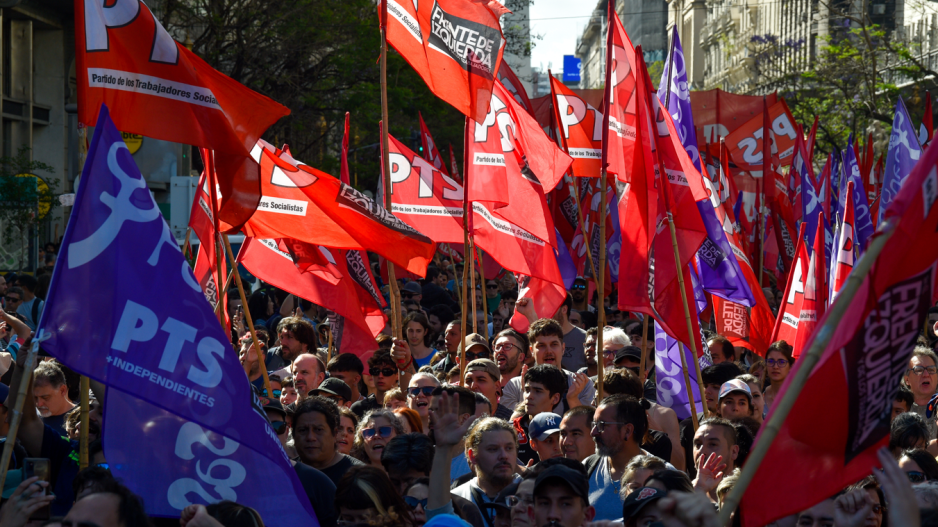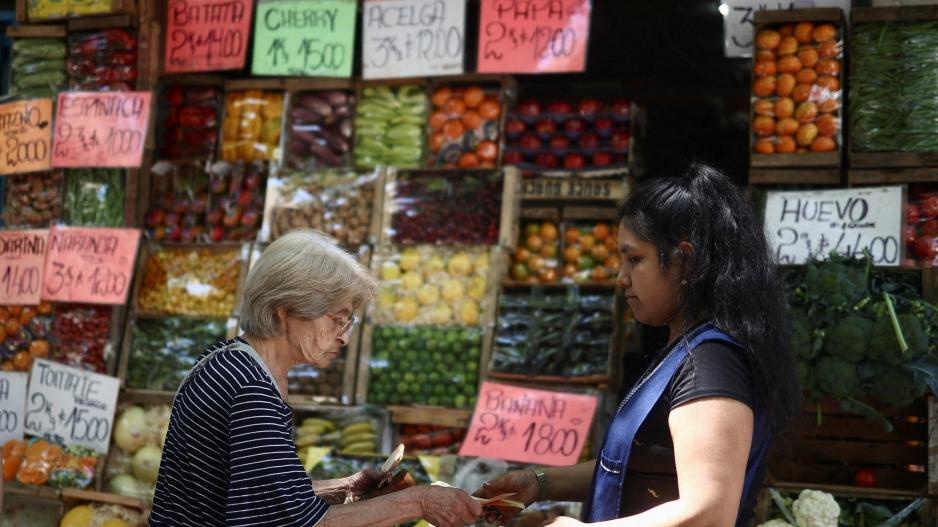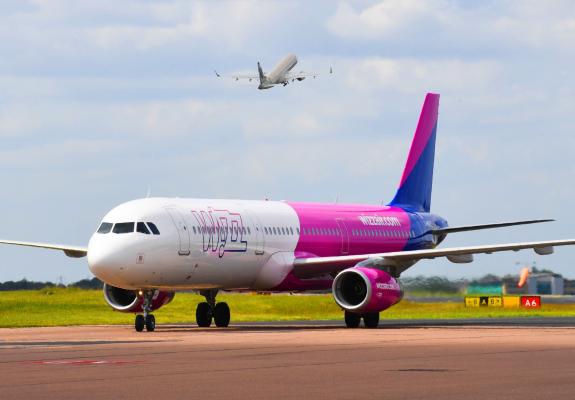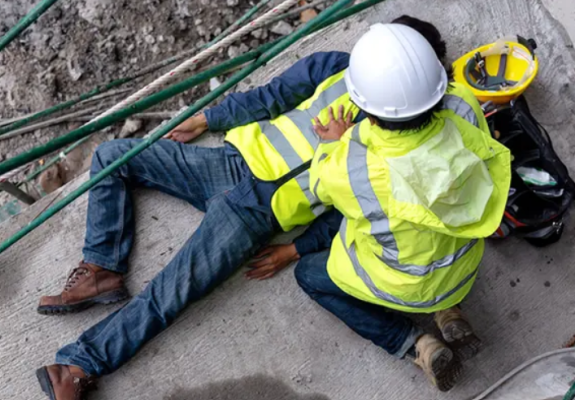Rising Tensions in Argentina Amid Austerity Measures
Economic Struggles and Social Unrest
Empty railway stations due to a lack of trains, strikes in hospitals, road blockages planned for tomorrow, and a looming general strike: The social temperature in Argentina is gradually rising as the austerity measures of Javier Milei's unpredictable government begin to bite, even as he speaks of economic recovery.
Government officials now travel in small groups on commercial flights, the number of ministries has been halved, 50,000 public service positions have been eliminated, and 27,000 "irregular" social welfare payments have been cut, along with subsidies for public transport. For two months now, the Milei government has been attacking what it calls the "enemy state."
Argentina recorded its first monthly fiscal surplus in a decade this January, a feat proudly announced by the Ministry of Economy. The goal for 2024 is a "zero deficit." The Milei administration insists that inflation has already been curbed since taking power: down to 25% in December, 20% in January, "closer to 10% in February," and possibly single digits in the second half of the year, claims Economy Minister Luis Caputo.
"Economic recovery or mere evaporation of income?" wonders economist Salvador Vitelli, who believes these are immediate mathematical results with no guarantee of sustainability. "The social dimension will determine how long this method of financial recovery will be tolerated."

Despite Milei's claim that "the political class will pay for the adjustments," austerity primarily affects those with low and middle incomes through public transportation, medicines (due to increased costs of pre-paid health insurance), food price liberalization, and housing.
For example, the average bus fare in Buenos Aires quadrupled in two months, from 85 to 300 pesos (from 9 to 30 cents of a euro). The metro ticket is set to rise to 667 pesos by May (from 13 to 75 cents of a euro).
These amounts may seem small, but they are substantial for low-income earners: the average salary, even with a delayed 15% increase in February, is 180,000 pesos ($204), which has lost over 50% of its value due to inflation running at an annual rate of 254%.
"Now I know what walking is," says Janina Salto, a domestic worker earning 2,500 pesos per hour, who has stopped using certain bus services. "It used to cost me 12,000 pesos a month, now it's 26,000," she adds while waiting in one of the endless queues at the bus stop.
Even the largest union, the CGT, and the ultra-neoliberal president agree on one thing: "the hardest period will be between March and April," Milei stated this week. This is due to the cumulative effect of inflation, economic stagnation, and the cost of supplies and school fees at the start of the new school year.
However, Milei believes that "once we hit rock bottom, we will rise," while the Ministry of Economy predicts the lifting of currency controls, imposed since 2019, by mid-2024.
In contrast, the CGT warns, "The conflict in society will escalate, and unfortunately, it will not end well." The union, which organized a general strike in January (with modest participation) and nationwide demonstrations (with significant turnout), plans more large-scale mobilizations.
Milei's image sends mixed messages. According to recent polls, his popularity is slowly waning, with slightly less than 50% positive opinions. However, paradoxically, and for the first time in a while, the majority (46% versus 41%) expects an improvement in the economic situation over the next two years.
"This unreadable president continues to defy the establishment and conventional politics with his hyperactivity on social networks, his ideological, confrontational communication policy, without seeking agreements, without building majorities, without counting the cost. It's as if he's in a unique experience in nature," summarizes the newspaper La Nacion.






